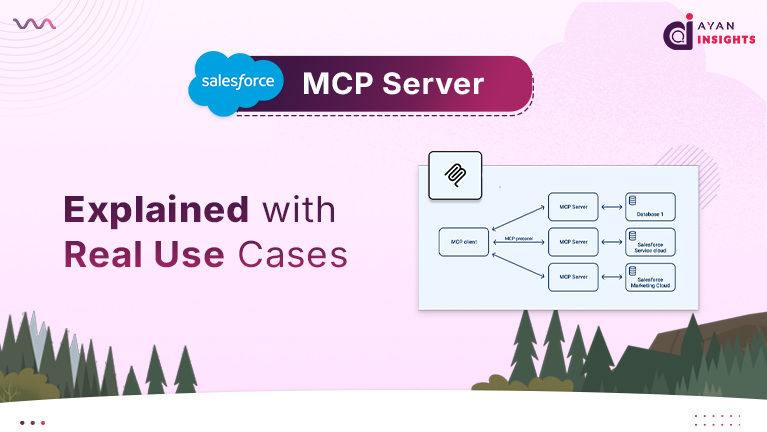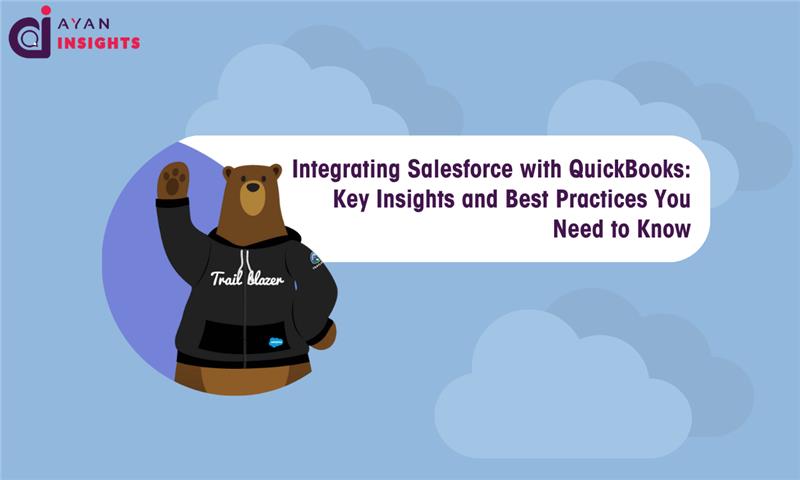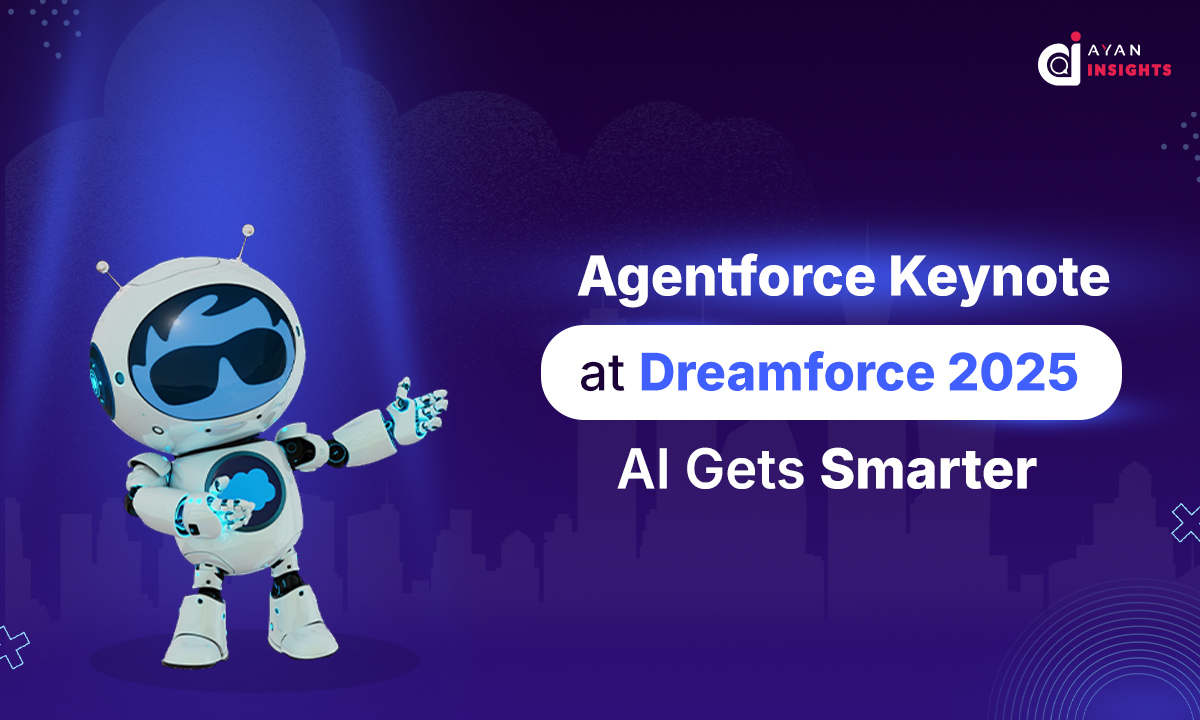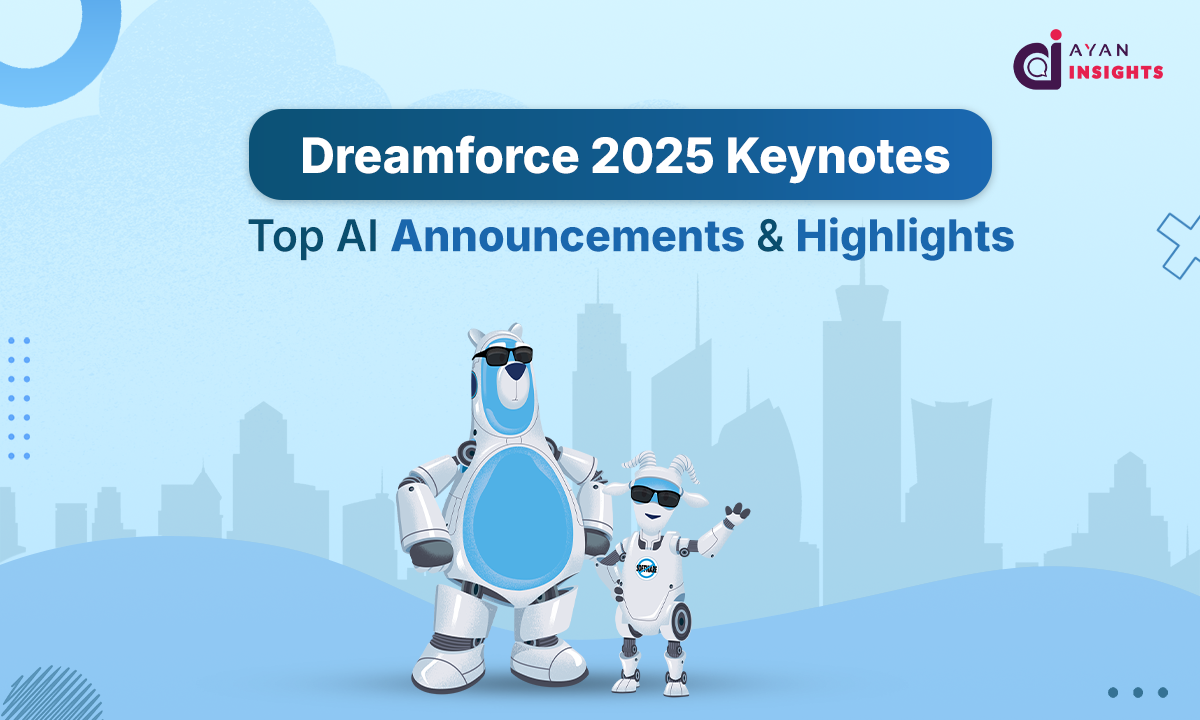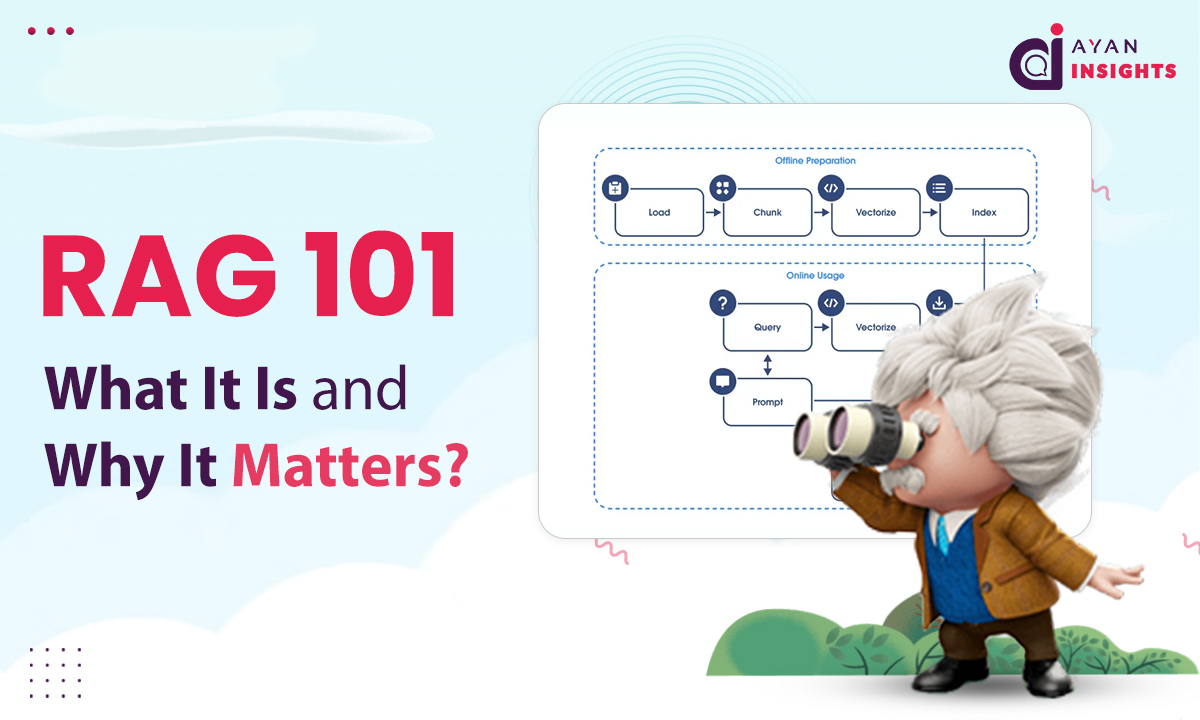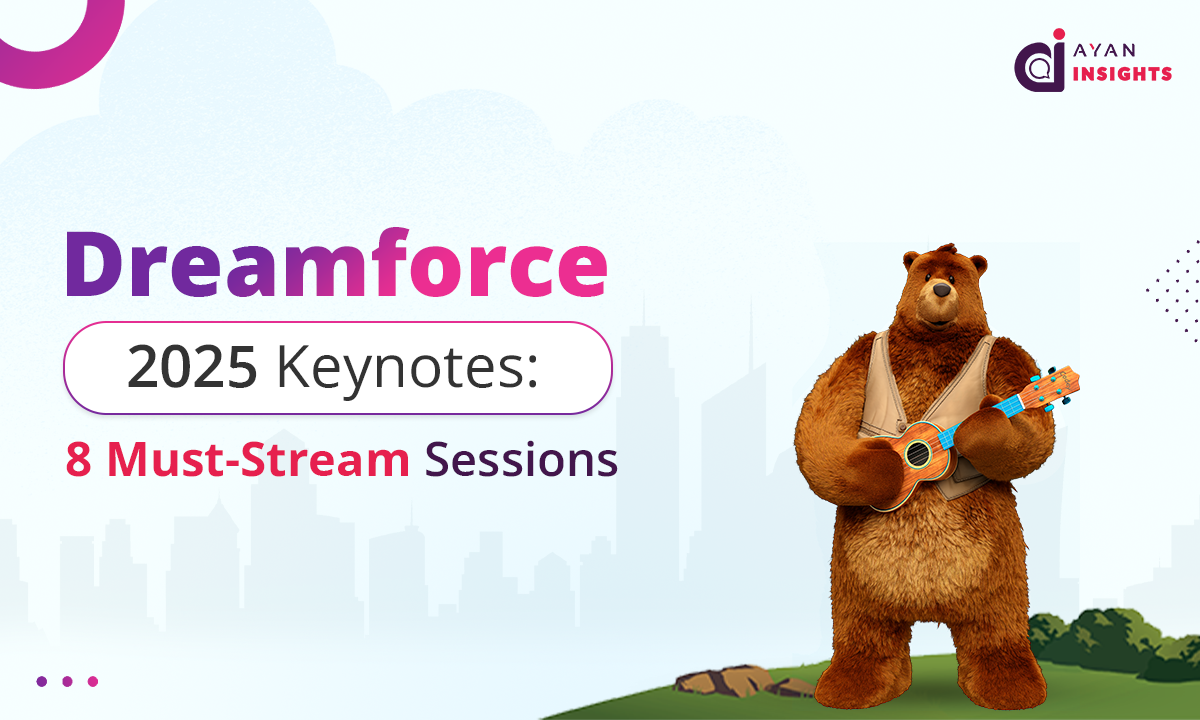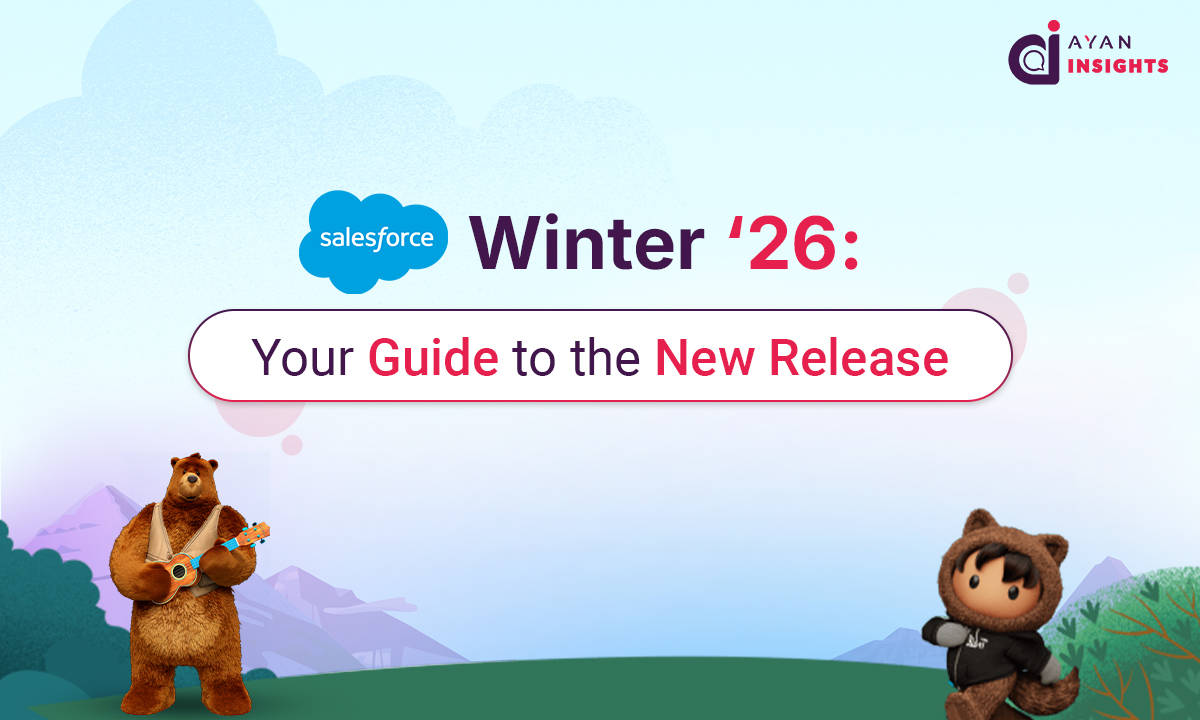The Salesforce MCP server functions as a robust system that enables businesses to transform their operational methods and customer relationship management. The MCP server enables efficient data integration and workflow optimization, and AI-driven insights for agents, which results in enhanced business productivity and customer satisfaction. The implementation challenges can be overcome through strategic planning and appropriate tools.
The Salesforce ecosystem will increasingly depend on the MCP server as it continues to develop. Your business goals will become achievable through understanding the practical applications and benefits of this technology. The protocol demonstrates its maximum potential when agents need to access real-time systems for AAA support automation or cross-departmental data orchestration.
The implementation of centralized registries and semantic layers helps address ongoing data unification and security challenges. The growing adoption of MCP will be driven by Salesforce’s prebuilt servers and Heroku’s managed hosting, which requires developers and architects to focus on three essential actions: identifying valuable APIs for MCP conversion and developing detailed consent procedures, and designing composite agents. Enterprises that use MCP as an operational intelligence neural extension will lead the future of business.

